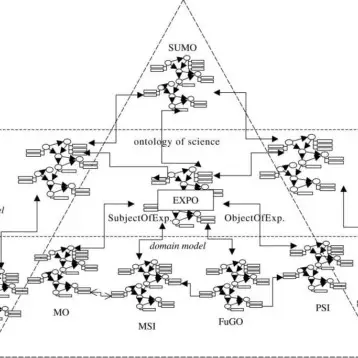It is important to have strong and effective relationships with vendors in order to ensure the smooth and successful operation of your business, even if you encounter challenges during the onboarding or contract negotiation process.
Whether you’re evaluating potential vendors or trying to maintain existing partnerships, the right strategies can make all the difference in boosting performance and reducing costs. In this post, we’ll share five expert tips for revamping your approach to contractor relationship management, so that you can build stronger connections that yield better results at every stage of the process!
Define Your Expectations and Goals
It’s essential for businesses to define their expectations and goals in order to maximize the value gained from any relationships with vendors. Creating a detailed list of expectations for your vendors can benefit your business by helping them better understand their responsibilities and helping you achieve your objectives.
Depending on your individual requirements, expectations should include areas such as security expectations, service level agreements, governance processes and procedures, timeframes, budgeting, and cost structures. Establishing these frameworks upfront will enable better collaboration between both parties and ensure that mutual value is generated.
Establish a Communication Protocol
Having effective communication skills is fairly important in the business world. Businesses with leaders who possess these types of skills have a 47% higher return to shareholders over five years. Maintaining effective communication with vendors is essential in ensuring that products and services are delivered on time, meet the required specifications, and quickly address any issues that may arise.
To establish a communication protocol with your vendors, it is important to have a plan in place that outlines the how, when, and why of your communications. The plan needs to specify which communication method (such as email, phone, or video conferencing) will be used, how often check-ins will occur, and what type of information will be shared.
Having a well-defined communication plan can help you establish better and more cooperative relationships with your vendors, ensuring that your business operates seamlessly.
Utilize Technology Tools
Investing in the right tools can make managing vendor relationships simpler, quicker, and more efficient. A top-tier vendor relationship management solution is an invaluable asset for any business. The solution enables companies to effectively monitor their vendors so they can ensure that expected quality standards are met, contracts are enforced, and costs are optimized. It also provides key insight into areas where improvement is required or possible savings can be made.
VRM solutions allow for greater collaboration across teams, boosting productivity and enabling companies to control risk and spending. By investing in the right tools, businesses will be able to strengthen their vendor partnerships as well as their overall bottom line.

Set Up Performance Metrics
As a business owner, it’s important to establish performance metrics that can help you track and ensure vendors are meeting your needs. These metrics should be clear, measurable, and applicable to the services or products you’re receiving. Setting benchmarks like response time, delivery speed, or quality standards can help ensure that your vendors are delivering the goods and services you require.
By tracking these metrics, you’ll be able to identify any gaps in the vendor-client relationship and take proactive steps to resolve any issues. Building a strong, transparent relationship with vendors will ultimately drive better results for your business, and establishing performance metrics is an essential part of that equation.
Foster Trust Through Transparency
In any business relationship, trust is paramount. Clients need to ensure that their vendors are not only competent in fulfilling their commitments but also prioritizing the client’s welfare. Therefore, transparency is crucial. Being open and honest with your vendor from the get-go helps to establish a solid foundation for your partnership.
By sharing your goals, objectives, and any potential roadblocks that could stand in the way of success, you’ll ensure that your vendor is well-informed and equipped to meet your needs. Plus, it shows your willingness to collaborate and work towards mutual success. Ultimately, being transparent will not only foster trust but also help to strengthen your relationship in the long run.
Bottom Line
Managing your vendor relationships is the ultimate way to ensure that both parties get the most out of those relationships. Though there may be bumps in the road, following these five tips will ensure that you have helpful, productive interactions with your vendors. When you’re prepared for any potential issue that may arise between both parties and maintain a business relationship built on trust and respect, everyone stands to benefit from fostering great vendor relationships. So put in the work now and save yourself valuable time and resources down the road – it’s worth it!



